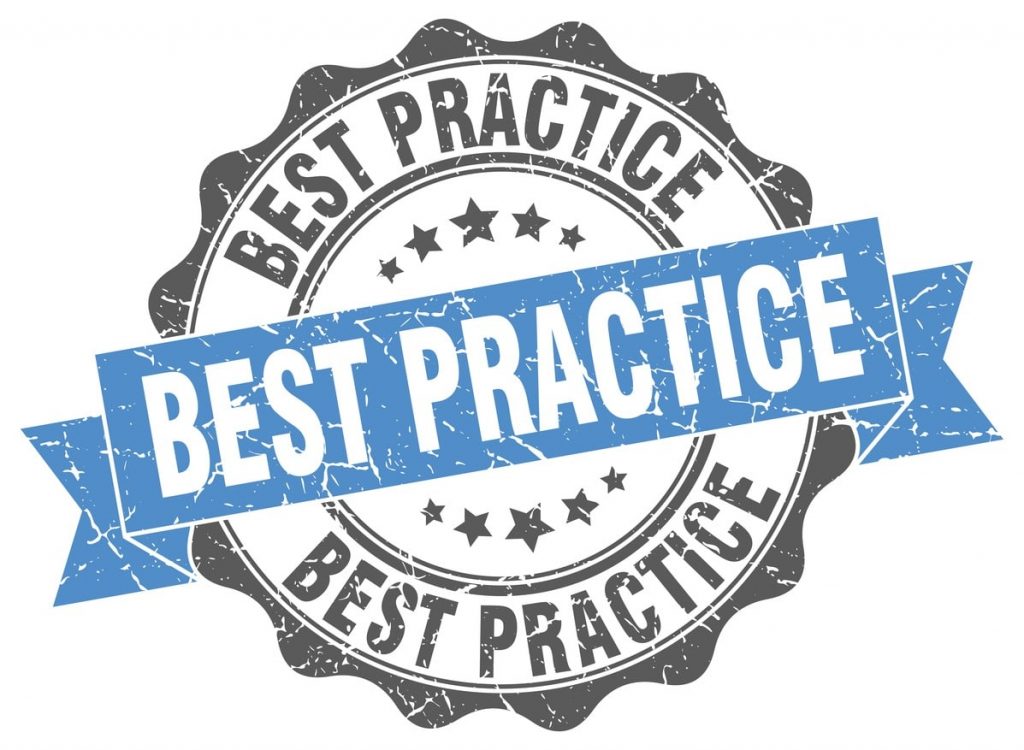Law 360 spoke with Eric Bachman and other employment attorneys about key steps that corporate and other employers should take to help prevent sexual harassment in 2018.
Here are five important takeaways:
Tone at the top is vital
To institute a truly effective anti-harassment policy, the senior executives and managers at the company must buy into the concept. And these senior leaders must also consistently and unequivocally communicate how important it is to root out harassment and discrimination and to report it if you see it.
If stamping out sexual harassment is a priority for the boss, it will be a priority for other employees as well. While this is true in many workplaces, it’s particularly apt in the corporate setting.
Have a clear and simple anti-harassment policy
Nowadays, almost every employer will have some sort of written policy prohibiting harassment and discrimination. But employers should make sure that their policies are not just boilerplate parts of the handbook.
Instead, the anti-harassment policy should be written in straight-forward language, that uses easy-to-understand examples, and is reiterated to employees on a consistent basis through emails, the company’s intranet, etc.
The policy should also:
- Encourage employees to come forward with reports of discrimination/harassment;
- Make clear that employees will not be retaliated against for making a complaint;
- Explain to employees that if they harass other employees they will be disciplined, up to and including termination; and
- Clarify that the complaint will be kept confidential to the greatest extent possible
Reporting/complaint channels must be designated and publicized
If someone needs to report harassment at work, it’s essential that they know how and where to report it.
“There should be multiple avenues but for each of those, there needs to be a specific person they know to give it to, so it doesn’t go into some black hole, deposited into some email address that nobody actually checks,” Bachman said.
And the person who receives the complaint must know what to do with it and how to properly address and escalate the concern.
Additional helpful aspects to an effective complaint process:
- Publicize that the complaint process exists and how to use it;
- Establish set protocols for how the complaint will be investigated;
- Make sure enough resources are available to do a thorough investigation;
- Talk with the complainant in person as well as the alleged harasser and any other key witnesses to better assess credibility issues;
- Follow through: if harassment occurred, then there needs to be real disciplined imposed against the harassers so others know there will be accountability
- this helps to stop potential harassers and hopefully encourages others to come forward with complaintssince they see real results
 Rethink training and what’s most effective
Rethink training and what’s most effective
Training employees about the anti-harassment policy and what is acceptable workplace conduct is of course a necessary element to combatting discrimination at work.
But more and more studies are showing that traditional, cookie-cutter trainings may actually be doing more harm than good.
Some elements of a constructive training program include:
- To the extent possible, it should be in-person training;
- The training should be tailored to your specific industry and workforce;
- Use real-life scenarios to show what is/is not harassment and how to address it (even if you only witnesses the harassment and were not victimized)
- Combine the training with best practices regarding communication and management techniques
Retaliation won’t be tolerated
If you want employees to come forward and report harassment and discrimination at work, they need reassurances that they won’t be retaliated against for speaking out.
And not only must employees be protected from retaliation, but they need to see that the company promptly investigates and addresses the complaints they receive.
“There has to be real follow-through,” Bachman said. “That sends a message to other people, now there will be accountability, and hopefully that stops potential harassers, but it also encourages other employees to come forward because they can see real results.”
Hiring an experienced sexual harassment lawyer
Hiring a proven and effective advocate is critical to obtaining the maximum recovery in a sexual harassment case. Bachman Law has substantial experience litigating precedent-setting individual and class action discrimination cases. Bachman’s wins include a $100 million settlement in a disparate impact Title VII class action. Having served as Special Litigation Counsel in the Civil Rights Division of the Department of Justice and as lead or co-counsel in numerous jury trials, Bachman is trial-tested and ready to fight for you to obtain the relief that you deserve.
Bachman writes frequently on topics related to promotion discrimination, harassment, and other employment discrimination issues at the Glass Ceiling Discrimination Blog., which the ABA Journal recently named a top legal blog.
Contact Bachman Law if you want to discuss your case further.
